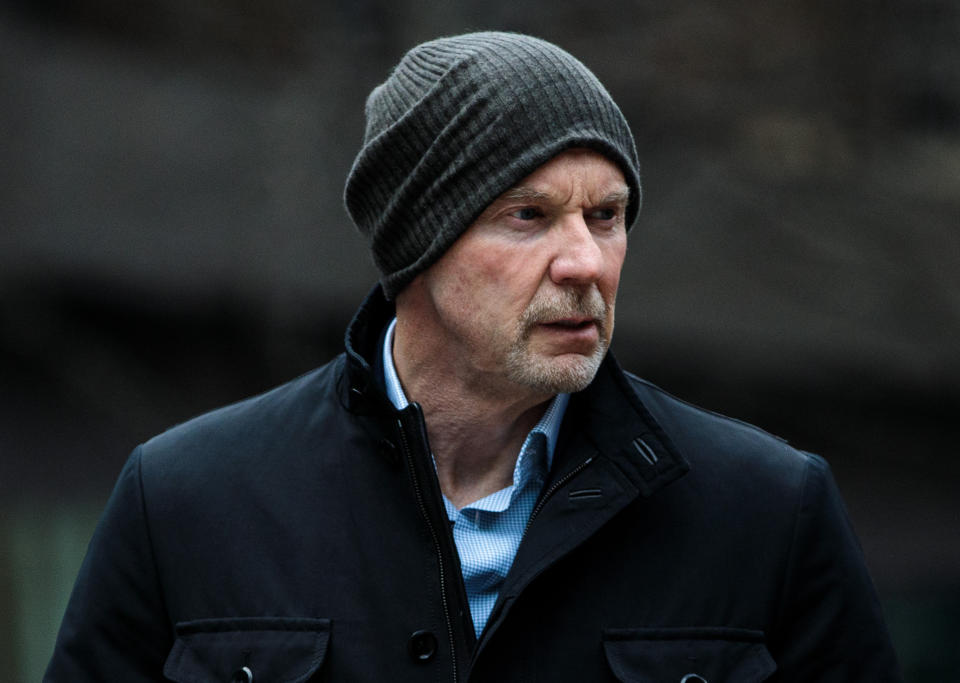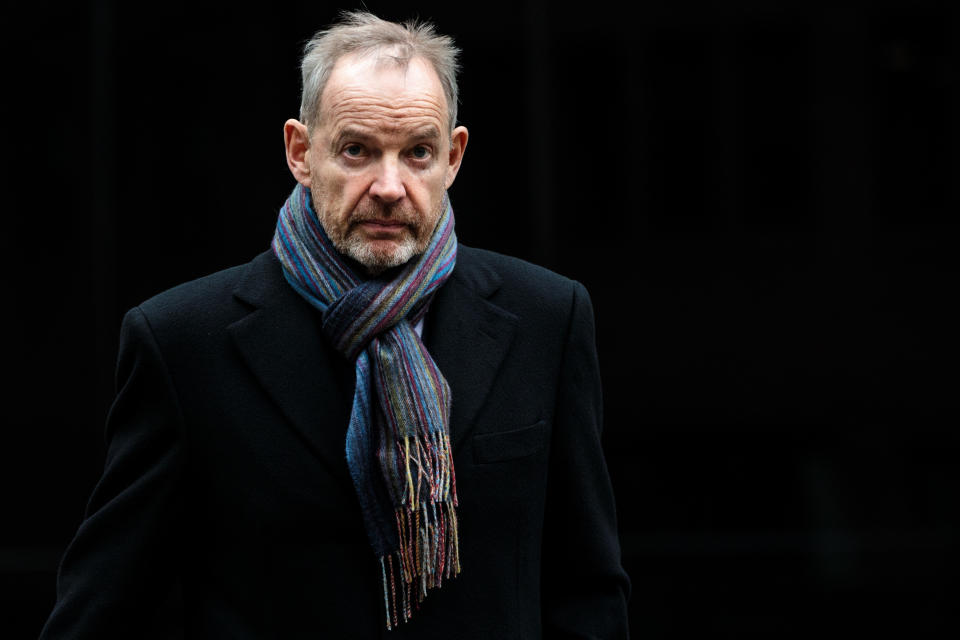'We're f***ed': Court hears Barclays bankers panicked over Qatari fundraising 'nightmare'

Barclays bankers panicked about how Qatar would react to the outcome of an emergency fundraising in June and July 2008, a court was told on Monday.
The jury at Southwark Crown Court were presented with transcripts in which senior bankers described the outcome of the £4.5bn ($5.9bn) fundraising announced in June 2008 as a “f****** nightmare” and said they would have to “kiss arse.”
Four former Barclays bankers stand accused of conspiracy to commit fraud by false representation. The UK’s Serious Fraud Office (SFO) alleges that the executives misled investors by hiding the true amount of commission paid to Qatar in exchange for a multibillion pound investment that saved the bank from a state bailout at the height of the financial crisis.
The defendants in the case are: John Varley, who was CEO of Barclays between 2004 and 2011; Roger Jenkins, who formerly ran Barclays Capital’s investment management business in the Middle East and North Africa; Thomas Kalaris, the former CEO of Barclays’ wealth and investment management; and Richard Boath, the former head of European financial institutions group at Barclays Capital.
Varley and Jenkins each face two counts of conspiracy to commit fraud, and Kalaris and Boath each face one. All four defendants have pleaded not guilty. Qatar is not accused of any wrongdoing.
‘Has he got the cash?’
Edward Brown QC, the lead prosecutor for the SFO, said on Monday that the accused acknowledged the higher commission being paid to the Qataris as the deal was closing.
The Qataris asked for a commission of 3.75% in return for its investment, which was more than double the standard rate of commission of 1.5%. The SFO alleges that Barclays eventually agreed to pay Qatar a fee of 3.25% but disguised the extra 1.75% through “sham” advisory services agreements (ASAs), the court heard.
Brown presented the jury with tapes and transcripts of calls between Barclays bankers around the time the first 2008 fundraising closed in July.

Qatar had agreed to backstop the deal, saying it would buy all the shares offered to existing investors if they were not taken up. However, the Qataris did not expect to end up with a large shareholding as they thought other investors would want to buy shares, Brown said.
Bankers panicked when it became clear that investors uptake of the other shares was limited, according to the prosecution. It meant the Qataris would receive a smaller return on their investment as the commission fee was calculated on the maximum possible payment for shares, regardless of how much was finally paid.
Richard Boath and Robert Jenkins were “dismayed” about the low share uptake, Brown said, and panicked about how the Qataris would react to the news and whether they would be able to pay in full.
“We’re f*****, we’re f*****,” Boath told Jenkins in a call on July 16 that was read to the jury. “It’s a f****** nightmare. Is he going to settle?”
“Yeah, he’ll settle,” Jenkins replied.
“Has he got the cash?” Boath asked.
“We’re just working that through now,” Jenkins said.
‘Eat humble pie’
Jenkins discussed flying to the south of France to meet Sheikh Hamad bin Jassim bin Jaber al-Thani, the prime minister of Qatar at the time, to personally deliver the news of the low shares uptake. Sheikh Hamad took part in the investment through a family vehicle, Challenger.
“He needs to know how he’s going to react because he’s going to have the world and his wife ringing him and saying ‘you’re a w*****’,” Jenkins said.
In a call later on the same day, Jenkins said he was “going to eat humble pie and kiss arse tomorrow.”
“He’s not gonna get the benefit of his three, three and three-quarters which you wouldn’t want to print anyway,” he said. The prosecution alleges that this referred to the 3.25% commission fee it claims Barclays agreed to pay Qatar for its investment.
Brown told the jury: “The prosecution say, this shows a continuing recognition by Roger Jenkins and Richard Boath that the ASA1 fee was just an additional fee for investing.”
“The reaction of… Mr Jenkins and Mr Boath shows that both knew that the ASA element was part of the fee for investing and couldn’t reveal it.”
‘I read it, I sort of start to tremble’

Earlier in the trial the jury was played a recording of a call when Boath expressed concerns about journalists discovering the first ASA and questioning its veracity.
“When I put that on my screen and I — and I read it I sort of start to tremble,” Boath said. “So, you know, I’d really like to go and do something about it, so I can sleep.”
Brown said: “The anxiety expressed by Mr Boath clearly demonstrates his true state of mind about the ASA… The Crown say he could not have believed that the ASA was a genuine and truthful document if he was in this state about it.”
The case continues at Southwark Crown Court and is expected to last up to six months.
It is the first time senior banking executives have faced criminal charges for actions related to the financial crisis. If convicted, the accused could face prison sentences of up to 10 years.
Read more on the trial of the Barclays four:
Former Barclays execs lied about payments to Qatar, court told
Senior Barclays banker raised concerns about ‘hidden commission’ in Qatar deal, court told
Barclays bankers worried about ‘dodgy’ payments to Qatari Prime Minister, court hears

 Yahoo Finance
Yahoo Finance 